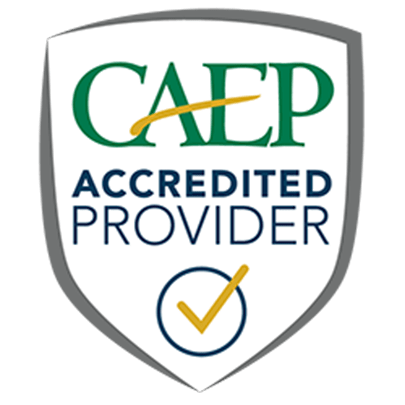MA
Special Education
Format & Location
Hybrid
School/College
School of Education & Human Development
Start Dates
Spring (January), Summer (May), and Fall (September)
Application Deadline
Rolling Admission
Completion
24-30 months
Schedule
Full-Time or Part-Time
The Master of Arts degree in Special Education teaches individuals to apply specialized support to students with challenges through educational, social, cognitive, rehabilitative, and behavioral management approaches.
Find Out More
Course Requirements
MA Special Education
30-46 credits
Contact Us
Graduate Admission
gradadmis@fairfield.edu
(203) 254-4184
Request Info Form
Want details on courses, schedules, and financial aid? We're here to help.
Loading...




